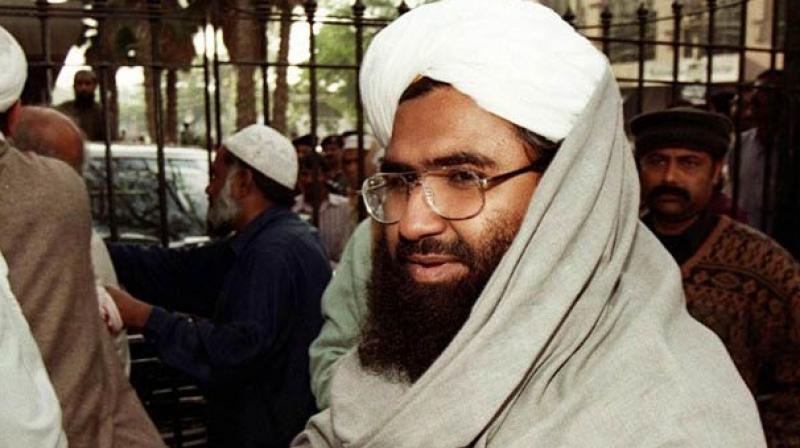Despite UN move, don’t expect much from Pak

Within a few months of being released from jail by the Atal Behari Vajpayee-led NDA government in 1999, Masood Azhar - who was named a “global terrorist” by the UN’s Al Qaeda sanctions committee on Wednesday, when China finally dropped its objections to the move after stone-walling for a decade — went into the tight embrace of Pakistan’s ISI. In course of time, Jaish-e-Mohammed, the outfit he founded, would become the key jihadist arm of Pakistan’s security grid to carry out a succession of high-profile terrorist attacks in India, including Pathankot and Pulwama under the Narendra Modi government.
Branding the JeM leader a terrorist menace to the world means international sanctions against Masood come into effect immediately. These include freezing his assets and tracking his finances, travel restrictions, and an arms embargo. In reality, it is doubtful if any of this will happen as long as he remains in Pakistan.
The JeM as an organisation is already internationally proscribed, but its cadres operating in Jammu and Kashmir never lack in funds or weapons. Where do the resources come from if not within the Pakistani establishment? Hafiz Saeed, the chief of the other major anti-India Pakistani terrorist group cosseted by the ISI, Lashkar-e-Tayyaba, has long worn the tag of a UN-sanctioned global terrorist. But Saeed moves about freely inside Pakistan, campaigning and collecting funds.
Thus, it is unlikely that imposition of the UN sanctions on Masood will seriously hamper Jaish if the example of Saeed and Lashkar-e-Tayyaba is anything to go by. New Delhi’s efforts should now be directed to having Masood sent to India for trial in a string of terrorist cases, for which he was serving a prison term in this country.
The Vajpayee government had been forced to release him on December 24, 1999, when Pakistani terrorists hijacked an Indian Airlines aircraft, Flight IC-814, with 155 passengers on board. Now that Masood has been named a global terrorist by the UN system, India will be justified in seeking his custody for interrogation and to stand trial.
After Pulwama, when Masood himself boasted that his outfit had engineered the attack that killed over 40 CRPF jawans, the United States, France and Britain brought inordinate pressure on China to abandon its path since 2009 to block Masood being nailed as an international terrorist through the UN system to bail out its “all-weather” friend Pakistan.
The US, in particular, threatened Beijing that it would move to have the Masood case discussed in the Security Council itself. If that happened, China would have to publicly justify its defence of an ISI-backed terrorist mastermind. Perhaps this alerted Beijing to its international obligations in fighting terrorism. US secretary of state Mike Pompeo noted that the action against Masood was “a triumph of American diplomacy”. Indonesia, the world’s most populous Muslim nation, which chairs the Sanctions Committee, supported the step, leaving Beijing and Islamabad a weak hand.

